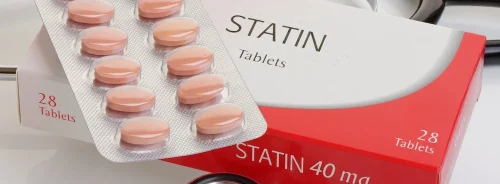New findings from the PREMIER clinical trial show a new treatment option that can reduce rates of LDL for heart attack patients quite significantly following percutaneous coronary intervention (PCI). One-time treatment using this technique reduced LDL levels by 50 to 80% within two to three hours. The findings were presented at the
Society for Cardiovascular Angiography and Interventions (SCAI) 2019 Scientific Sessions.
As per the data from the American Heart Association, one in four men and one in three women will die within the following year of having a heart attack, most often by cardiac arrest or another heart attack. A major contributor to this fatal outcome is the high level of LDL as it causes plaque build up in arteries increasing the risk for heart attack, stroke and other adverse cardiac events. Despite the risk associated with high levels of LDL, only half of 71 million adults in the US with high LDL seek treatment.
Study patients included 160 acute coronary syndrome patients within 72 hours after PCI. LDL was removed by extracorporeal filtration during LDL-apheresis, using a machine that filters out only LDL from the blood. The study comprised single LDL-apheresis vs. no LDL-apheresis on background statin therapy. Findings from the study showed a dramatic reduction of nearly 53% in patients by a single LDL-apheresis treatment compared to a 17% reduction in non-LDL-apheresis group.
"With the incidence of heart attacks on the rise, the ability to rapidly reduce the burden of bad cholesterol is critical. The LDL-apheresis technology may provide patients an incredibly effective and efficient treatment option to reduce risk of a second heart attack and improve coronary health," said lead author Subhash Banerjee, MD, FSCAI, VA North Texas Health Care System & UT Southwestern Medical Center in Dallas, TX. "We saw that LDL levels remained low for up to six weeks, giving patients critical time to jumpstart their recovery after a heart attack. We have now created the opportunity to interrupt the course of this disease and advance outcomes for heart attack patients across the country. However, more work in this area is needed to demonstrate clinical benefit of this therapy".
Source: Society for Cardiovascular Angiography and Interventions
Image Credit: iStock
Latest Articles
heart attack, interventional cardiology, LDL, LDL-apheresis technology
Results from the multi-center, randomized PREMIER clinical trial show a new treatment option dramatically lowers rates of low-density lipoprotein (LDL) for heart attack patients following an interventional cardiology procedure called percutaneous coronary










